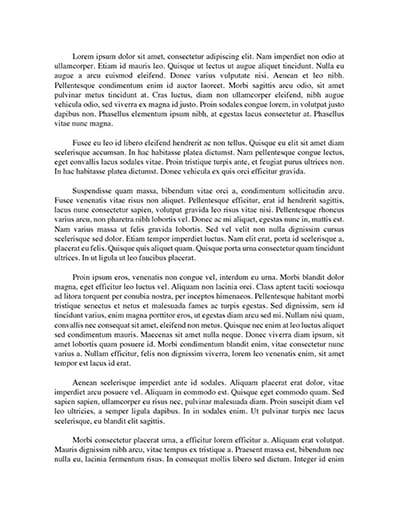Education is basically all about your development as a person through learning. As a student, the learning process involved identifying what topics have been done before, such as talks, books, lectures, articles, and many more. Most of the information within your assignments is an integration of your take on the subject of the assignment supported by these other sources of information. As you deliver these academic papers, you will be expected to uphold academic integrity and avoid plagiarism.
Therefore, the question that you should be asking is, “what is academic honesty and plagiarism?”, and “what are the consequences of plagiarism and academic dishonesty?” Honesty is an important character trait in education whereby you can provide correct citation within your paper with minimal supervision. It is not a mistake to include ideas, opinions, and works developed by other people. As a matter of fact, this only adds to your overall scorecard in that you have read widely about the topic of the assignment giving credibility to the content of your assignment.
Now all that is left to do is to cite or paraphrase this external source of information correctly clearly within the paper to give credit to the authors. Also, you should know what is the difference between academic misconduct and plagiarism as well as the consequences of each. To most students, these two are the same. However, there is a clear distinction between the two.
Plagiarism is a form of academic misconduct that as greatly been influenced by the introduction of the use of the internet in classrooms. That is why students should be extra careful when using some of these online sources of information as sometimes the author’s information provided may not be correct. So, “what are academic institutions doing about plagiarism?”
Truthfully, many learning institutions believe that the only way to effectively curb instances of students presenting plagiarized documents is through the use of integrated plagiarism detection systems when submitting their assignments. Such systems would greatly help in reducing the number of plagiarized papers as well as help reduce the amount of work a teacher needs to do when awarding points for student papers.
Understand What Are Academic Institutions Doing About Plagiarism
Plagiarism is a punishable offense in almost all learning institutions worldwide. Regardless of the plagiarism detection systems in place; if your teacher can prove that you have included plagiarized content within the paper, you submitted for marking, you will most likely be punished. Students who copy-paste information from the internet are engaged in academic dishonesty and are likely to face serious ramifications. As such, you should know what are some general academic punishments for plagiarism? They include:
- Having to sit through plagiarism tutorials and tests
- Failing the course
- Start the assignment from scratch
- Being suspended or expelled from the institution
As you can see, it is essential to comprehend what is plagiarism in academic writing and how we can best avoid it in our assignments. You do not have to be among the many students who plagiarize their assignments, either intentionally or unintentionally. Take advantage of our online plagiarism detection services that are readily available to you 24-7.
What Is Academic Plagiarism and How Can You Avoid It?
To better understand what is academic plagiarism, let us first mention the types of academic plagiarism. They include:
- Direct plagiarism
This type of plagiarism is characterized by the ‘direct’ copying and pasting of a statement/ phrase from another person’s work, without citing it or using quotation marks.
- Self-plagiarism
This is a form of plagiarism whereby you try to pass off assignments that you had already submitted before for marking once again.
- Paraphrasing
This is also considered to be a form of plagiarism that does not show up on most plagiarism reports. This is whereby you alter the words from a specified source while still maintain the original meaning.
- Unintentional plagiarism
This is perhaps the most common form of plagiarism that occurs accidentally. For instance, if you forget to cite a particular source within your paper, this is still considered to be plagiarism.
All these different forms of plagiarism work well in informing students of how they can avoid plagiarism within their paper and gain a better understanding of what is plagiarism or academic citation within their assignments. Also, when you use our online plagiarism checker, you will no longer have to suffer disciplinary action against you because you submitted plagiarized content. We provide you with an accurate plagiarism report from which you can choose to either paraphrase, re-write, or citer the highlighted sections of your paper, is any. Upload your document today.

